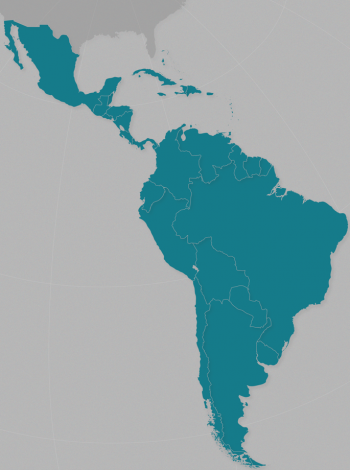

Copied the full post over as I imagine it gets buried under the news
Things to get out of the way:
- I know a U.S. president can’t pardon state level crimes
- I know the Georgia governor can’t pardon state crimes in Georgia
In Georgia a council, appointed by the governor, has the pardon power in the state after it was stripped from GA governors because of corruption in the past.
As far as I’m aware (per coverage of things tonight), that council is all Republican and only has loose self-imposed guidelines/norms about the process by which a person can apply for a pardon.
Why do liberals think this is a slam dunk when that council can seemingly at any time change these rules to the extent of even giving a preemptive pardon? The governor can’t replace these people instantly as they’re on some x year term scheme.
Is this just more hopeful “the walls are closing in” or am I missing something here?
Edit also the Georgia state republicans gave themselves the power to fire D.A.s in 2 weeks time. It’s obvious this is going to be used, no?





Speculative questions/observations.
It seems obvious to me that as these trials go on that Republicans are going to use increasingly brazenly corrupt means to dodge/alter/fire D.A.s/pardon crimes.
Is this in conjunction with various state legislator shenanigans and districting bullshit i.e. how Alabama and Ohio (and also potentially Tennessee depending on an on-going lawsuit) are going to ignore re-draw orders to wait out the clock and use the psychotically gerrymandered maps for 2024 enough to get the U.S. to actual cool-zone balkanization discussions or are even things this openly corrupt and in plain sight not enough to get the ball rolling?
I know (well guess) that ultimately US balkanization rests on either capital deciding that the state of things are too untenable for its profit interests and/or the evangelical base in the states to start trying to express state-captured power openly, but I guess I’m asking do you think the continually escalating corruption is enough to get liberals to actually push back in some concrete, non-performative way.
I guess I’m wondering what level of overt corruption sparks these conversations in the mainstream (or even if that discourse is possible).